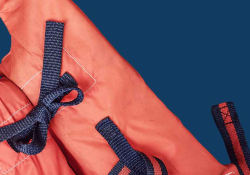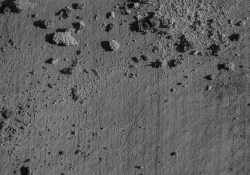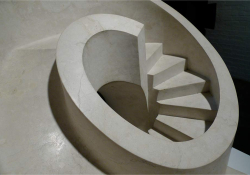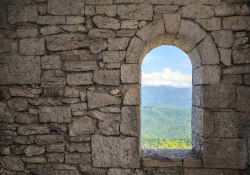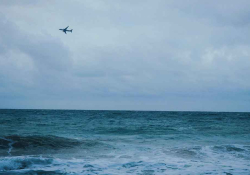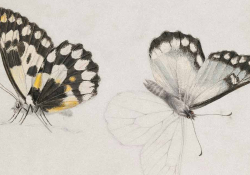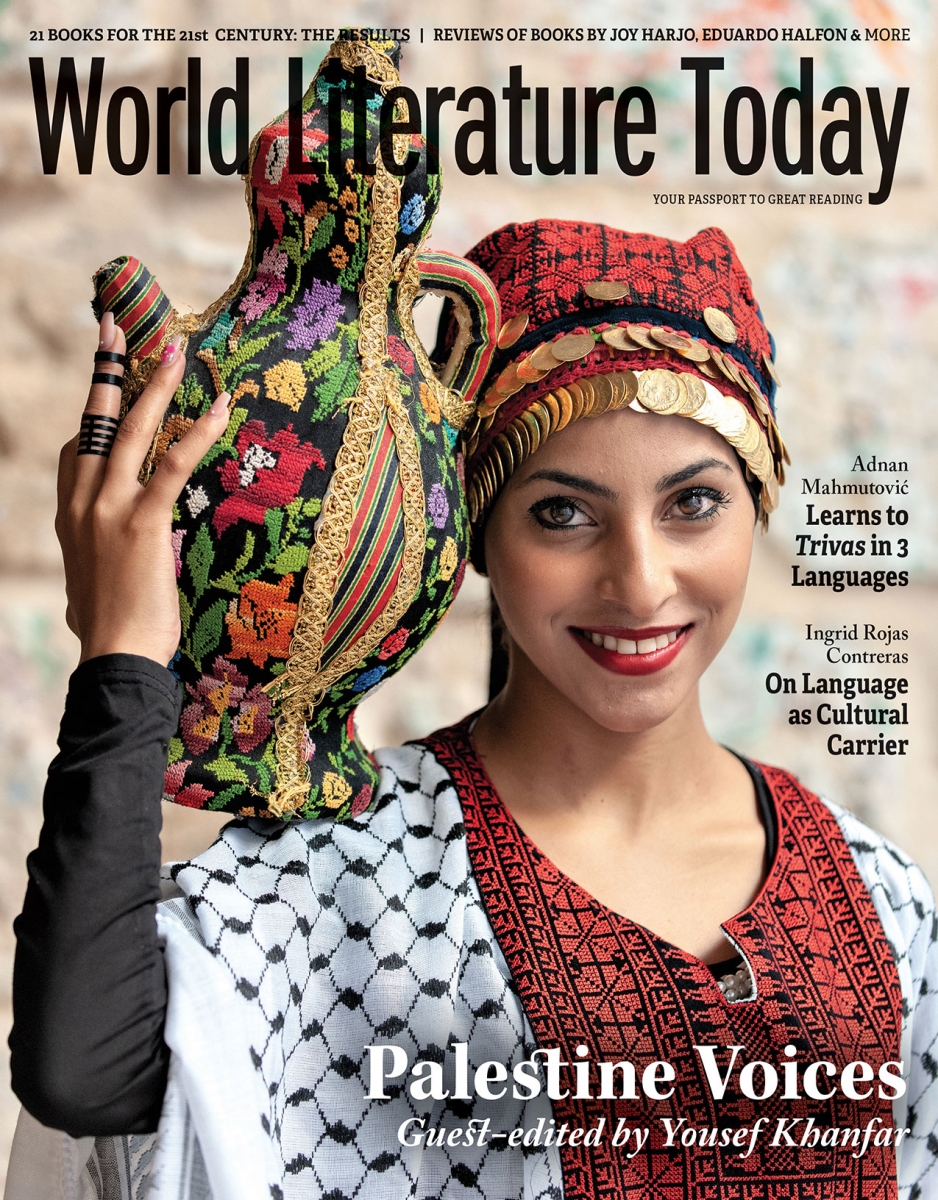Khalini Ahkilak (Let me tell you)
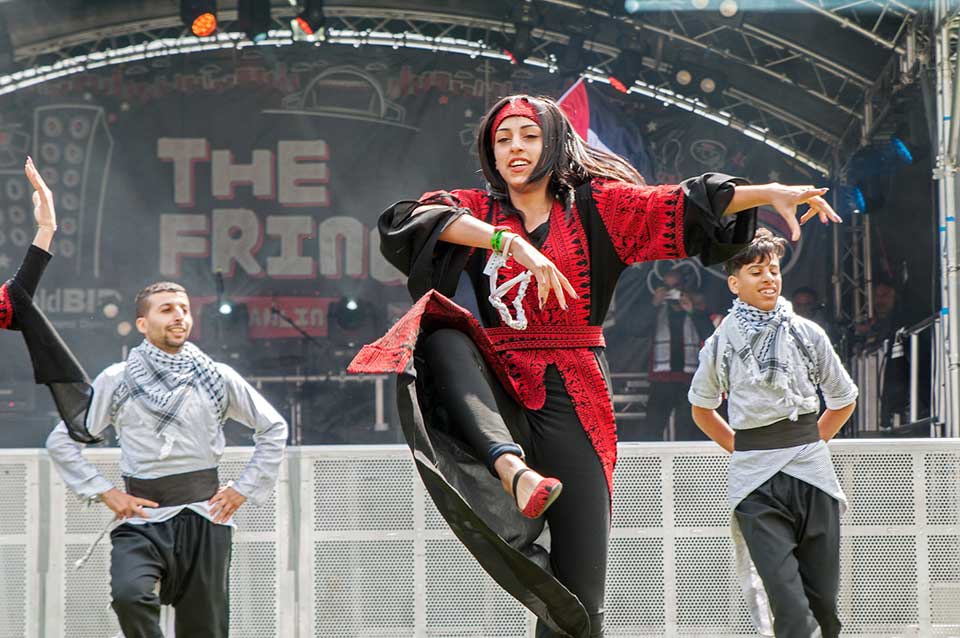
I ask the olives to be gentle
for they’re weighing the branches down
as heavy as the stories Um Muhammad
carries on her tired shoulders.
Tell me about Palestine.
I say yes and hold on and let me tell you!
Falestin is holy. It is Gaza, Ramallah and Bethlehem. It is zaitun
branches, and kufeyyahs painted on the walls of the cities,
It is hot kunafa nabulsieh, and Um Samer’s kebbeh labanieh
It is a large pot of makloobeh and a victory to flip it whole.
Falestin is black and red thobe embroidered
by Um Abbas’s chipped fingers and tired eyes.
It is Isa Ibn Maryam’s birthplace.
It is the line of dabkah as the tabla gets louder.
Falestin exists no matter what the map tells you.
Al Quds is the heart of Falestin, no matter what they claim.
And to the land, one day, they will all return
in the bosoms of their mothers, on the soil of their land.

